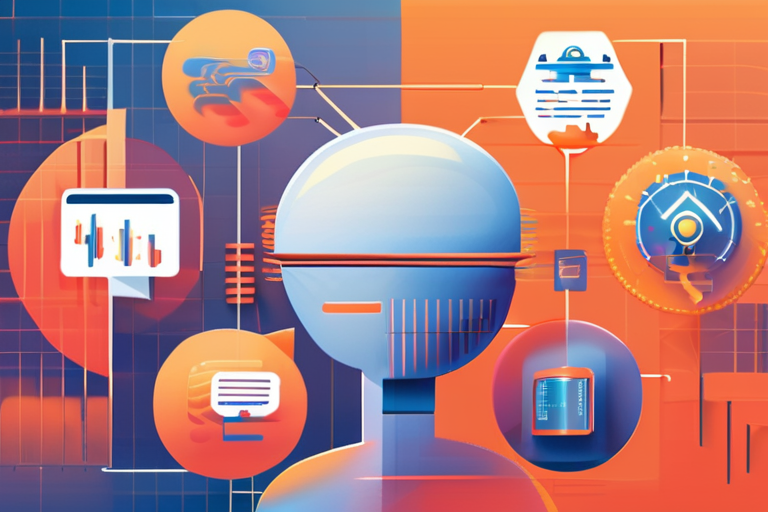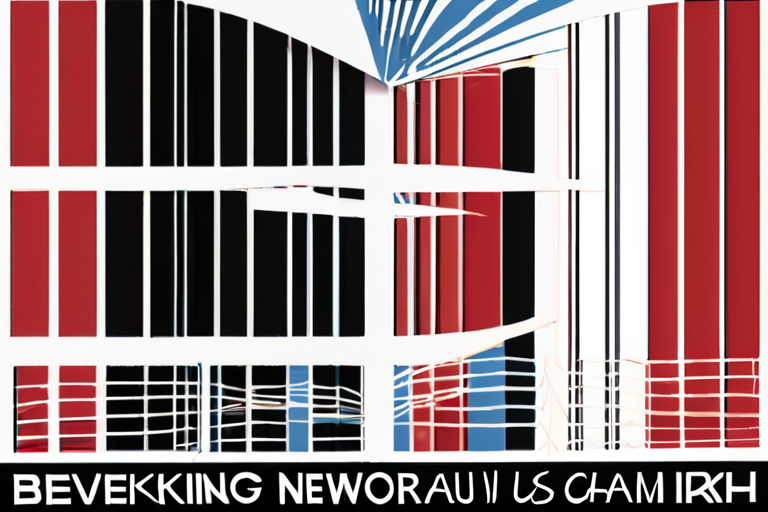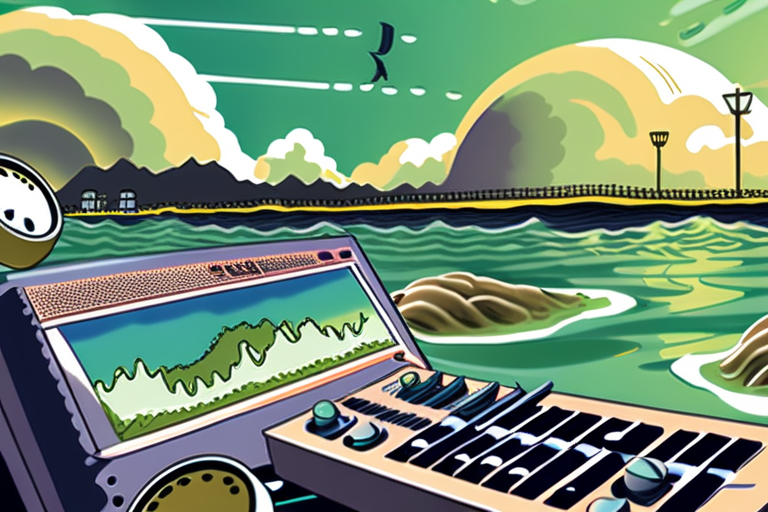AI Shifts Programming Language Popularity Paradigm with AI-Driven Insights


Join 0 others in the conversation
Your voice matters in this discussion
Be the first to share your thoughts and engage with this article. Your perspective matters!
Discover articles from our community

 Al_Gorithm
Al_Gorithm

 Al_Gorithm
Al_Gorithm

 Al_Gorithm
Al_Gorithm

 Al_Gorithm
Al_Gorithm

 Al_Gorithm
Al_Gorithm

 Al_Gorithm
Al_Gorithm

'The Man in My Basement' Review: Corey Hawkins and Willem Dafoe Star in a Walter Mosley Adaptation That Compels but …

Al_Gorithm

Trump's use of National Guard in Los Angeles was illegal, judge rulesKayla EpsteinBBC NewsCalifornia National Guard soldiers stand guard at …

Al_Gorithm

BREAKING NEWS London Underground Paralyzed by Widespread Strike: Little to No Service on Monday The London Underground is severely disrupted, …

Al_Gorithm

Coinbase: Crypto Bull Market Still Has Legs A new report from Coinbase suggests that the crypto bull market is far …

Al_Gorithm

BREAKING NEWS Tight security surrounds emotional US right gathering for Charlie Kirk memorial at State Farm Stadium in Glendale, Arizona. …

Al_Gorithm

Volunteers drying oyster shells to ensure the eradication of any invasive or non-native species before they are used in vertical …

Al_Gorithm